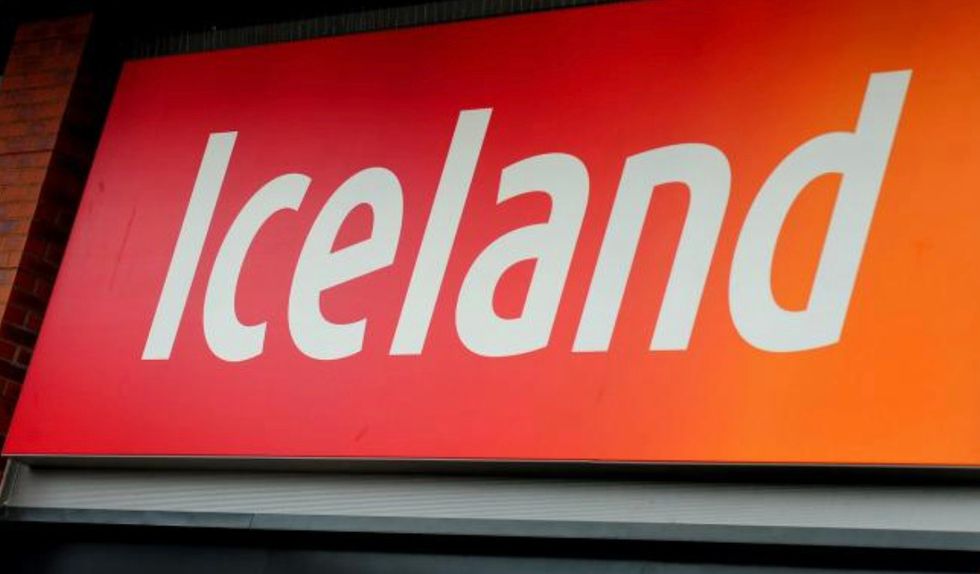Iceland boss says foodbank users are turning down potatoes as they can't afford to boil them

Digi Harper on Rishi
Richard Walker said the cost-of-living crisis is the most important domestic issue in the country
Don't Miss
Most Read
Iceland managing director Richard Walker said food bank users were saying no to potatoes and root vegetables because they could not afford the energy to boil them.
He added the Chancellor would be right to focus on the consumer in his spring statement on Wednesday.
He said: “I think the cost-of-living crisis is the single most important domestic issue that we’re facing as a country and it is incredibly concerning.
“You know, we’re hearing about some food bank users declining potatoes and root veg because they can’t afford the energy to boil them.”
But he added that business was “not an endless sponge that can soak it all up”.
Mr Walker suggested energy price caps for consumers could be extended to businesses, potentially paid for by a windfall tax, a cut in VAT, or even placing green taxes on hold.
The managing director of the Iceland supermarket chain has said his company is doing “everything we can” to support customers as prices rise.
Chancellor of the Exchequer Rishi Sunak arrives at BBC Broadcasting House in London, to appear on the BBC One current affairs programme, Sunday Morning. Picture date: Sunday March 20, 2022.
Kirsty O'Connor
Mr Walker added his stores were “in the poorest communities around the UK, so our customers are depending on us for that value”.
But he said: “The pressure is relentless and it’s coming at us from all angles at the moment.”
Mr Walker said prices had increased in the supply chain, with shortages of workers and higher transportation costs to blame.
Meanwhile, shortages of fertiliser from Russia or sunflower oil from Ukraine were also factors.
He told BBC Radio 4’s Today programme : “And then finally we have operational cost pressures as well in the running of our shops.
“National minimum wage will increase our cost base by 20 million quid. We have green taxation of £16 million next year, and we have, of course, electricity bills which are going to rise many times over, and that will disproportionately affect bricks and mortar retailers, such as ourselves.”












